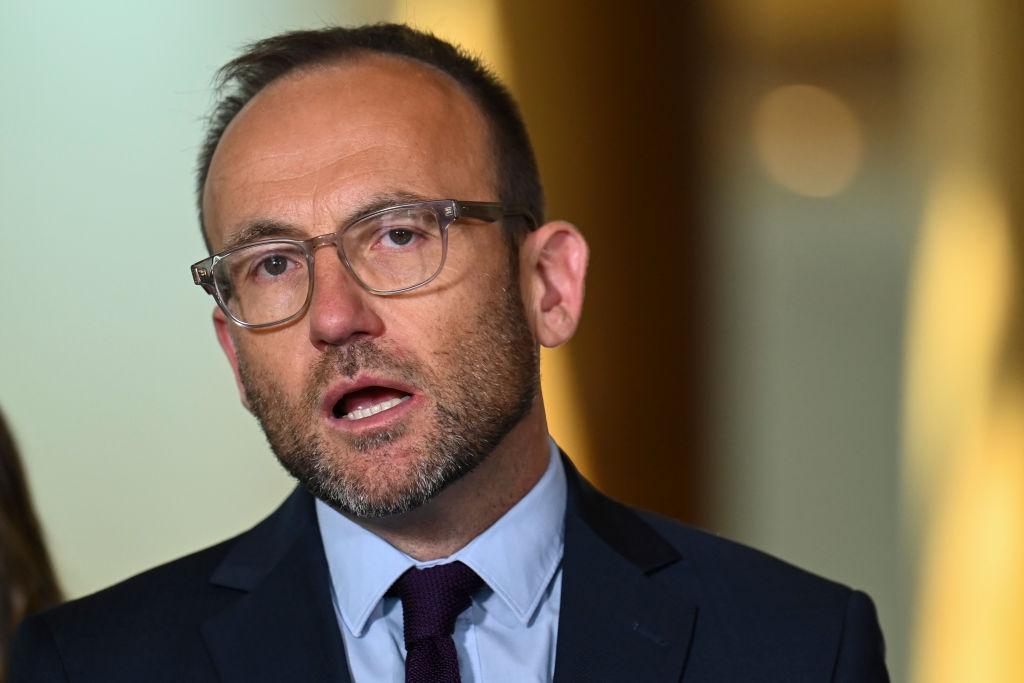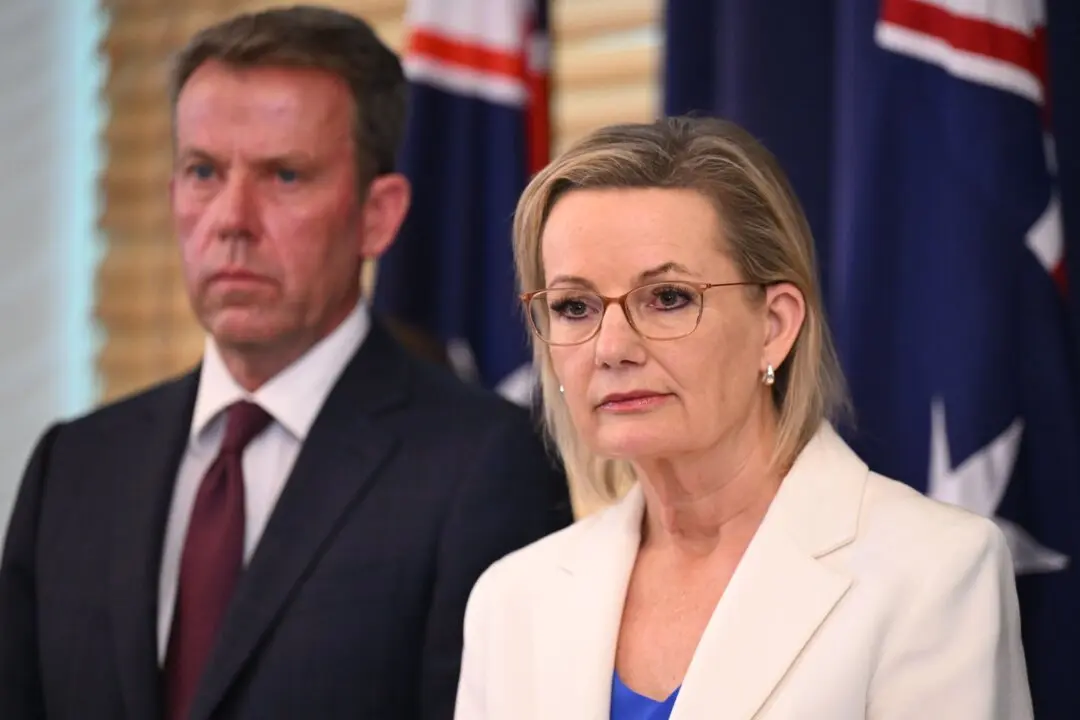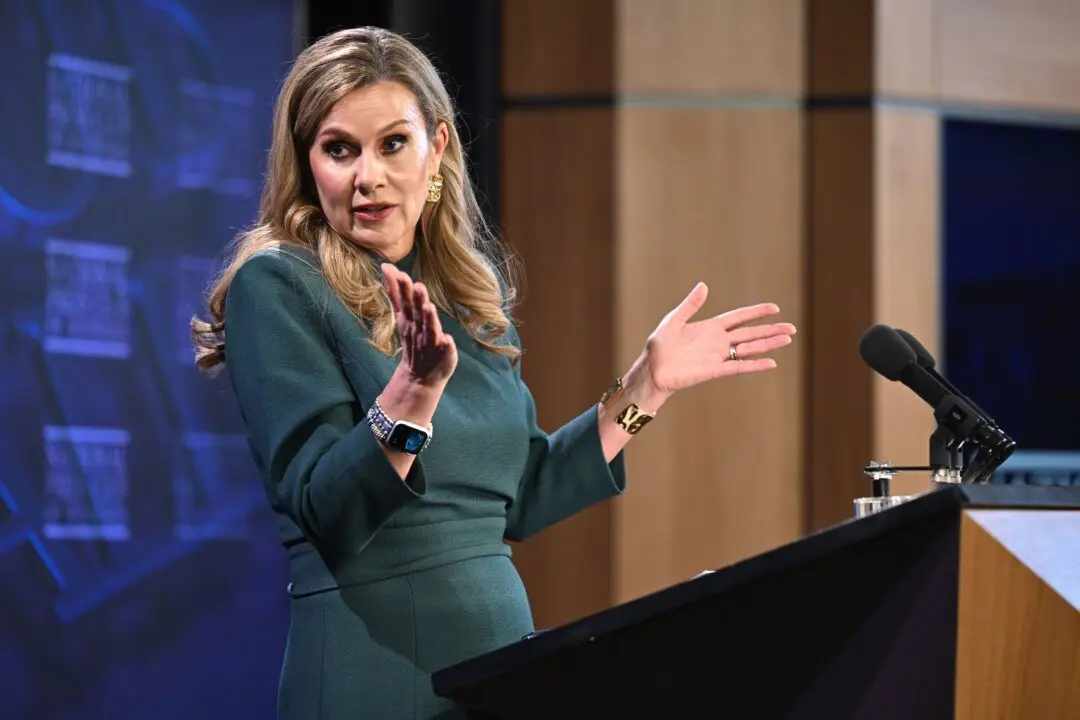A motion to recognise a Palestinian state by the Australian Greens has been voted down 80 votes to five.
On May 29, Greens leader and Melbourne MP Adam Bandt put the motion to the Australian House of Representatives. It was seconded by Griffith Greens MP Max Chandler-Mather and supported by an Independent member for Clark, Andrew Wilkie.





